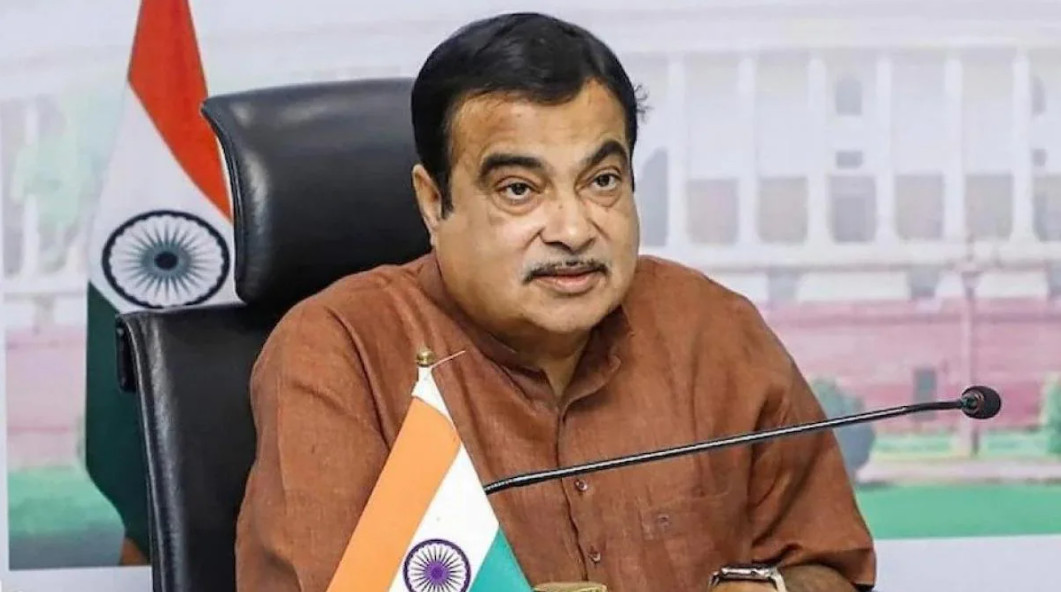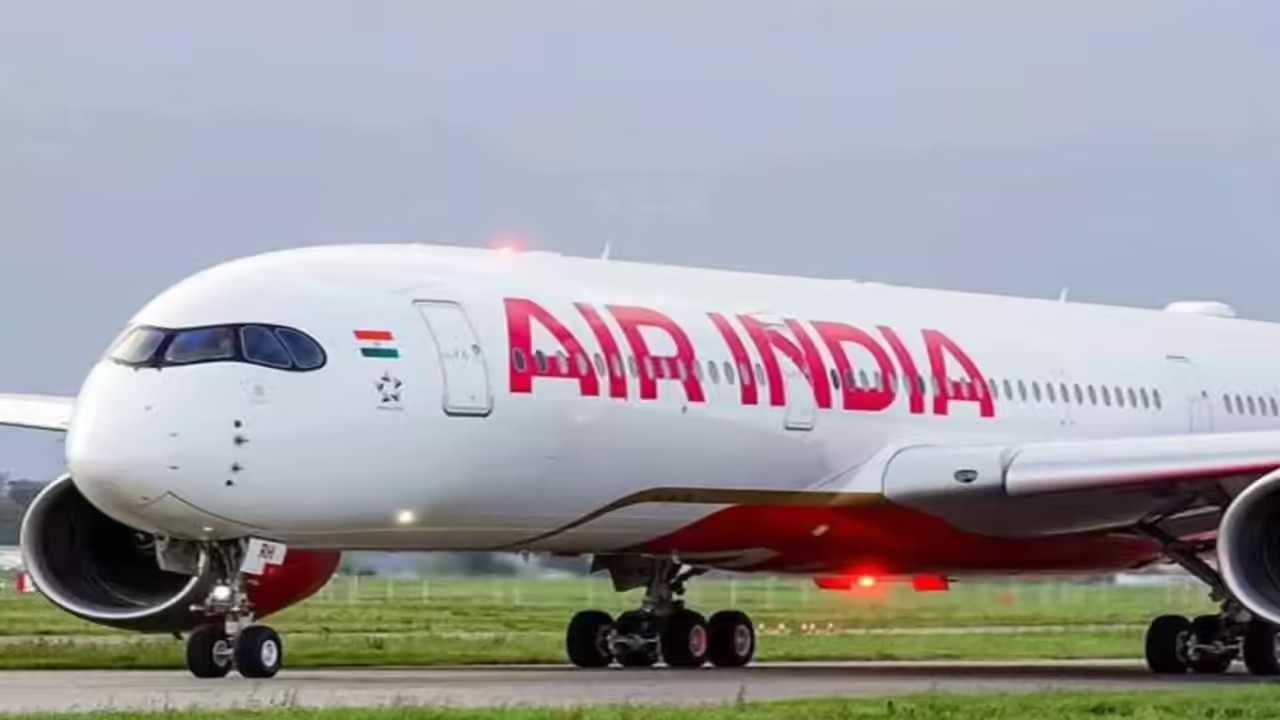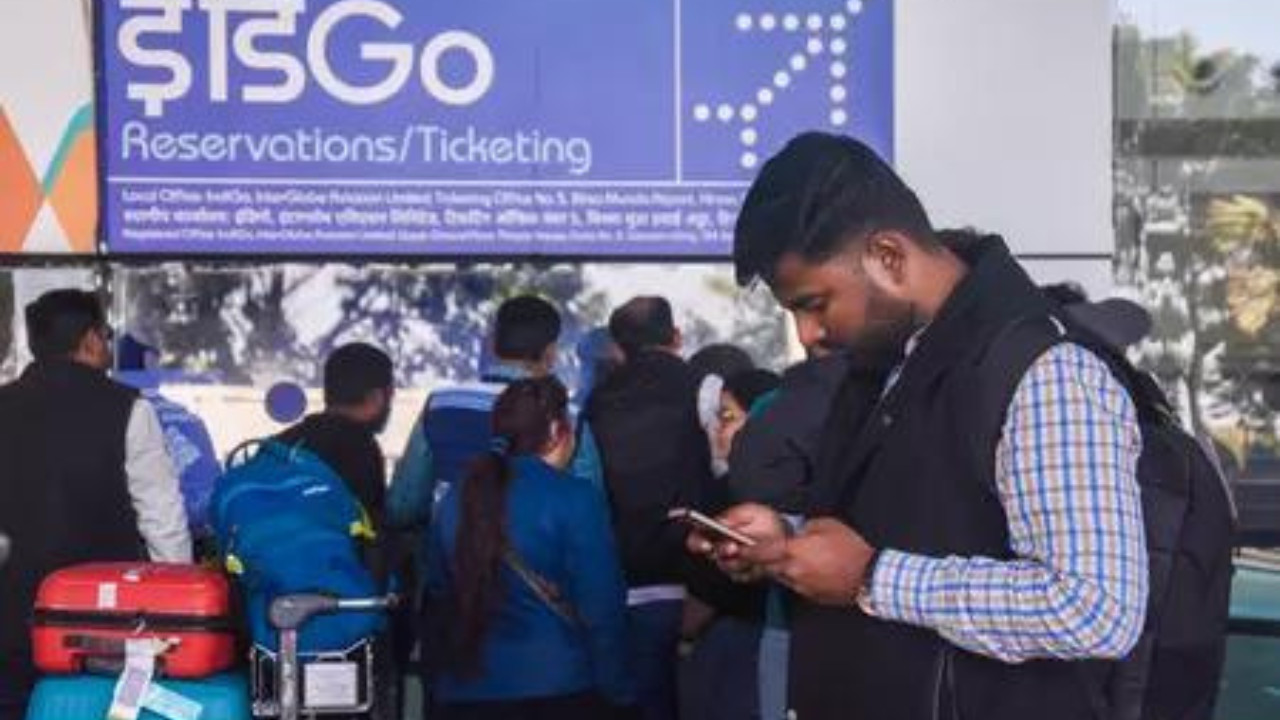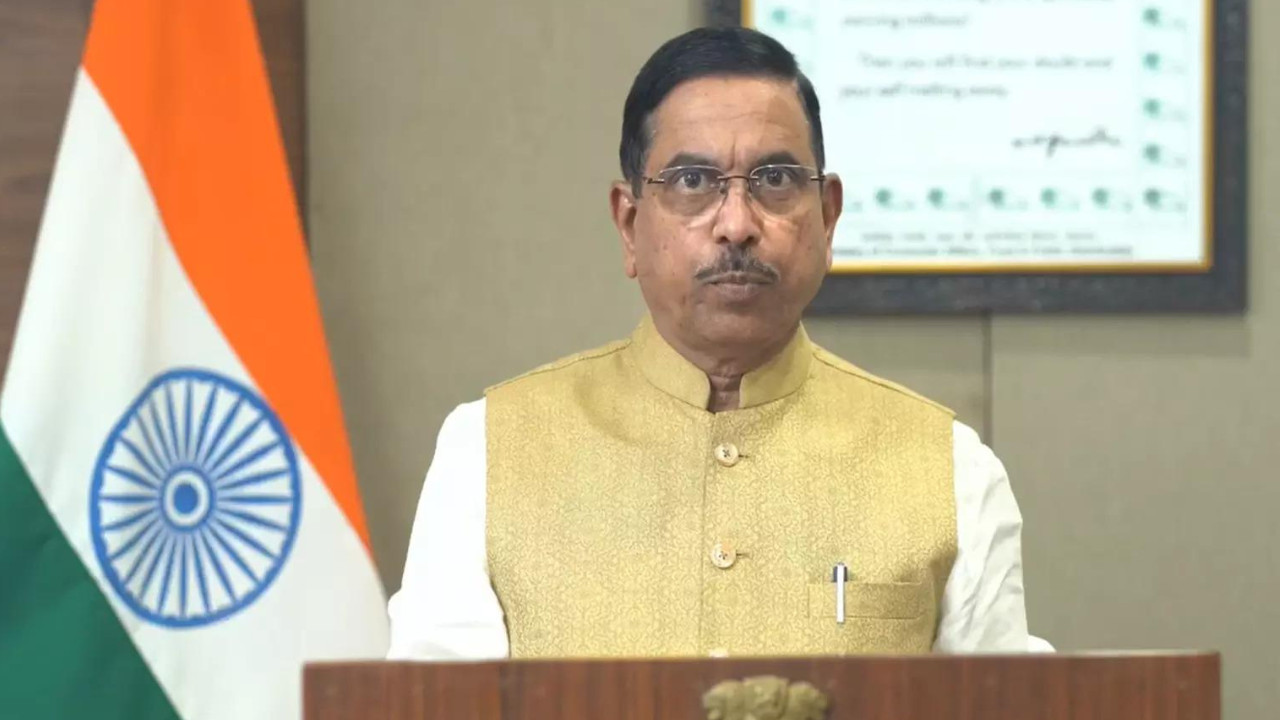Union Minister Nitin Gadkari voiced concerns about India’s widening wealth gap, emphasizing the need for inclusive economic growth and wealth decentralization at a Nagpur event. He lauded past economic reforms but cautioned against unchecked centralization. Gadkari highlighted sectoral imbalances, particularly agriculture’s low GDP contribution despite employing a large rural population.
Reaching the Last Mile: Gadkari Urges Decentralization for Inclusive Growth
India’s economic narrative is often painted with broad strokes of impressive growth figures and soaring GDP. Yet, behind the headlines, a more nuanced reality persists – one where wealth remains concentrated, leaving a significant portion of the population struggling to make ends meet. Recently, Union Minister Nitin Gadkari brought this disparity into sharp focus, emphasizing the urgent need for decentralization to ensure that the benefits of economic progress reach every corner of the nation.
Gadkari’s message was clear: a system where prosperity is confined to a select few is simply unsustainable. The concentration of wealth not only exacerbates existing inequalities but also hinders the overall potential of the country. Think of it like a tree – if the nutrients are only channeled to a few branches, the entire tree suffers. Similarly, if economic opportunities are limited to specific regions or communities, the nation’s progress will be stunted.

Why Decentralization Matters Now More Than Ever
The existing centralized systems, while perhaps efficient in certain aspects, often fail to address the unique challenges and opportunities present at the grassroots level. Decentralization, on the other hand, empowers local communities to take ownership of their economic development. This means giving them greater autonomy in decision-making, resource allocation, and project implementation.
Imagine a small village with abundant potential for eco-tourism. A centralized approach might overlook this opportunity, focusing instead on large-scale industrial projects elsewhere. But with decentralization, the village council can identify and develop its tourism potential, creating jobs and boosting the local economy. This bottom-up approach ensures that development is tailored to the specific needs and resources of each community.
The Role of Infrastructure in Decentralized Growth
Gadkari, known for his focus on infrastructure development, highlighted the crucial role it plays in facilitating decentralization. Good roads, reliable power supply, and robust communication networks are essential for connecting rural areas to markets and opportunities. These infrastructure investments act as catalysts, enabling local businesses to thrive and attracting new investments to previously underserved regions.
Think about the impact of improved road connectivity on farmers. It allows them to transport their produce to market faster and more efficiently, reducing spoilage and increasing their income. Similarly, access to reliable internet enables rural entrepreneurs to connect with customers and suppliers across the country, opening up new avenues for growth.
Addressing the Root Causes of Inequality
Decentralization is not simply about redistributing resources; it’s about addressing the root causes of inequality. This requires a multi-pronged approach that includes:
* Investing in Education and Skill Development: Equipping individuals with the knowledge and skills they need to participate in the modern economy is paramount. This includes vocational training programs tailored to the specific needs of local industries.
* Promoting Entrepreneurship: Creating an environment that encourages and supports entrepreneurship is crucial for generating employment opportunities and fostering economic growth at the grassroots level.
* Strengthening Local Governance: Empowering local governments to effectively manage resources and implement development programs is essential for ensuring that benefits reach the intended beneficiaries.
The rising number of people struggling to make ends meet serves as a stark reminder that the current model is not working for everyone. A shift towards decentralization is not merely a policy option; it’s a moral imperative.
You can learn more about innovative financing for infrastructure projects, another key aspect of regional development, on this page: [Internal Link to relevant page on the same site]
A More Equitable Future is Within Reach
Building a truly inclusive and prosperous India requires a fundamental shift in our approach to economic development. By embracing decentralization, empowering local communities, and investing in infrastructure and human capital, we can create a more equitable and sustainable future for all. The path forward requires courageous leadership, innovative policies, and a unwavering commitment to ensuring that the fruits of economic progress are shared by all, not just a privileged few. Only then can we unlock the full potential of our nation and realize the dream of a truly inclusive and prosperous India.







